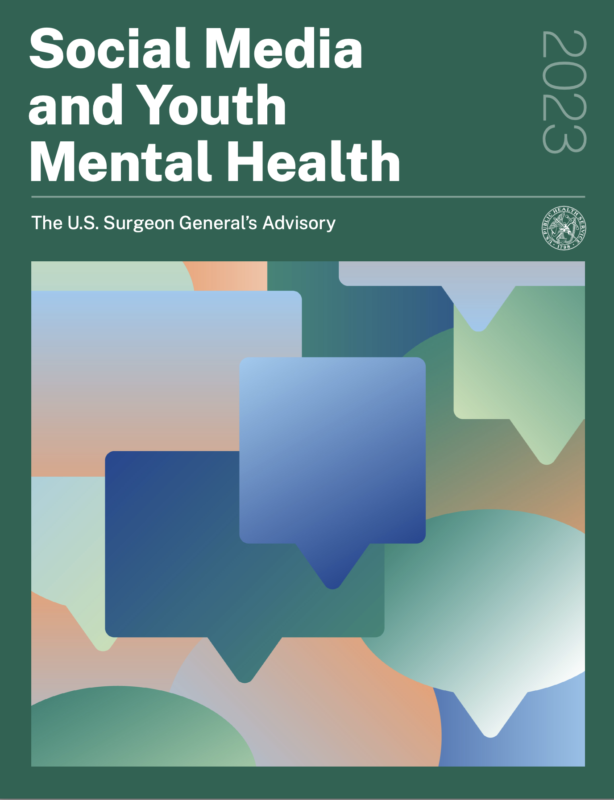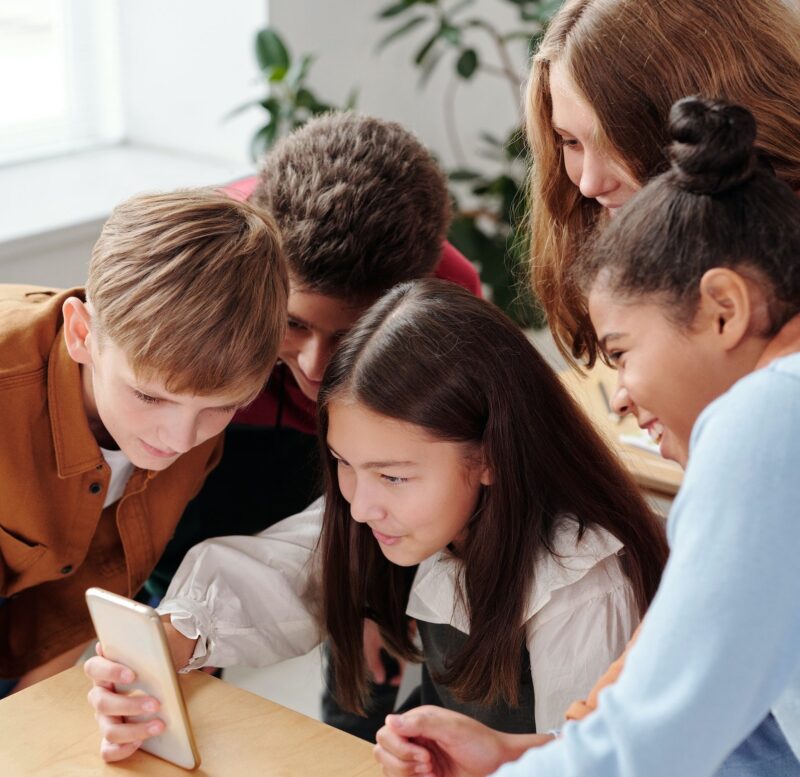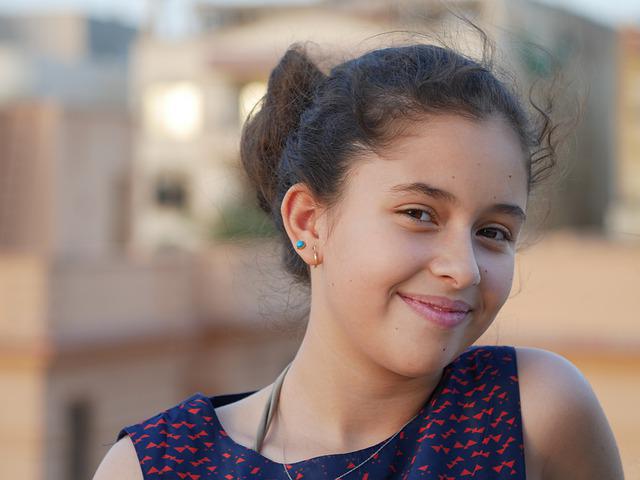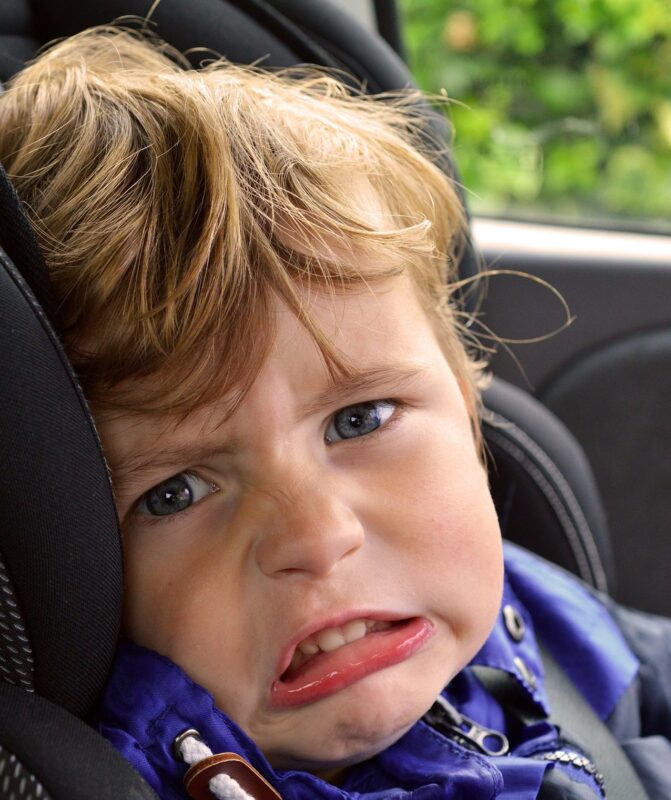
Characteristics of Healthy & Unhealthy Relationships
Respect for both oneself and others is a key characteristic of healthy relationships. In contrast, in unhealthy relationships, one partner tries to exert control and power over the other physically, sexually, and/or emotionally. Healthy Relationships Healthy relationships share certain characteristics Read more >>











